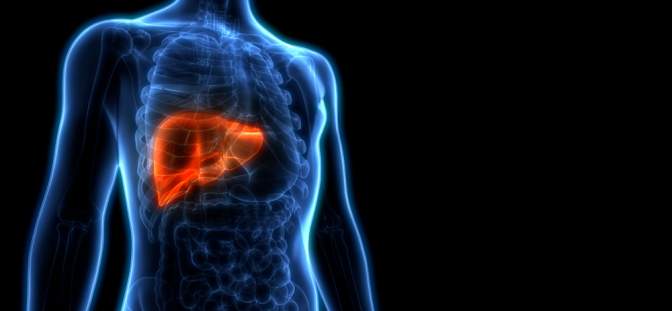
What is the meaning of ‘liver cirrhosis’?
A healthy liver is supple and smooth on the surface. When there is inflammation, scar tissue develops within the liver leading to liver fibrosis. If this problem remains untreated, the liver will eventually become nodular and hard. A liver in this state is known as liver cirrhosis. In Singapore, liver cirrhosis is often due to Hepatitis B or non-alcoholic fatty liver disease (NAFLD).
How is the diagnosis of liver cirrhosis made?
An ultrasound scan in a radiology facility is used to confirm the diagnosis. However, making a diagnosis of cirrhosis in its early stages can be difficult. If this happens, early liver cirrhosis can be established with a FibroScan, magnetic resonance elastography (MRE), biomarker panel or liver biopsy.
Signs and symptoms of liver cirrhosis (advanced stage)
- Jaundice
- Lethargy
- Easy bruising of the skin
- Bleeding that does not stop
- Confusion and changes in one’s personality
- Bleeding from the stomach and gullet (oesophagus)
- Swollen legs and swelling of the abdomen due to water retention and a lack of albumin
- Advanced liver cirrhosis can also cause kidney failure, heart and lung problems
Individuals with liver cirrhosis are at risk of developing liver cancer. Hence, liver cancer screening is performed six monthly in these patients.
What is the treatment for liver cirrhosis?
The first step in the treatment of liver cirrhosis is to identify the underlying liver disease. Once it is known, medicines that are specific to the condition can be prescribed. Liver cirrhosis is partially reversible if the underlying cause is treated. However, it is unusual for cirrhosis to regress completely.
In individuals with liver cirrhosis due to excessive alcohol consumption, abstinence from alcohol constitutes a cornerstone of their treatment. In fact, all individuals with liver cirrhosis should avoid alcohol as it causes liver inflammation.
The complications of liver cirrhosis need to be treated as well. If water retention is a problem, then one should consume a diet which is low in salt and take a medicine to pass more urine (diuretic).
Patients should aim to open their bowels daily. Constipation causes the accumulation of toxins in the big intestine (colon). These harmful substances can result in confusion. Hence, a laxative is frequently prescribed to prevent this problem.
Ultimately, liver cirrhosis is better prevented, rather than treated. Once cirrhosis is established, it is often permanent. Individuals with liver fibrosis and liver cirrhosis should be monitored by a liver specialist (Gastroenterologist).

Consultant Gastroenterologist and Hepatologist,









